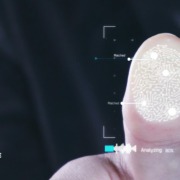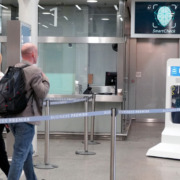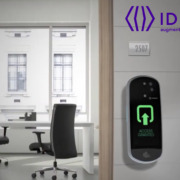Biometrics in 2025: performance, compliance, and sovereignty at the core of the challenges
In 2025, biometrics is experiencing a strategic acceleration, driven by major technological advances and the evolution of European regulations. In France and internationally, organizations are strengthening their identification and access control systems while placing increasing emphasis on data protection and technological sovereignty. Biotime Biometrics is fully aligned with this trend, providing solutions tailored to the needs of businesses and institutions.
Performance and fairness: the new standard
Recent results from RIVTD (Remote Identity Verification Technical Device) tests conducted under the aegis of the U.S. Department of Homeland Security confirm a strong trend: performance and algorithmic fairness are becoming essential criteria in the selection of biometric solutions. Technologies that deliver high accuracy while minimizing bias related to gender, origin, or skin tone meet the expectations of both authorities and end users. For providers, this is a strategic lever for differentiation.
Enhanced security through multimodal authentication
Systems combining multiple biometric modalities—for example, facial recognition and fingerprint scanning—provide stronger protection against fraud attempts. The addition of behavioral parameters, such as typing dynamics or usage patterns, further complicates attack scenarios.
Sovereignty and data protection: a strategic issue in France
With rising air traffic and denser international flows, French airports are massively deploying biometrics to streamline controls. However, this modernization raises questions about technological sovereignty and the protection of personal data. As a French company, Biotime Biometrics positions itself as a local player, able to support these projects while ensuring data management within the national territory and compliance with CNIL and GDPR standards.
Regulatory compliance: an ongoing requirement
The European regulatory framework imposes strict obligations: explicit user consent, minimization of collected data, encryption of biometric templates, and data protection impact assessments (DPIA).
Towards responsible and high-performance biometrics
Market evolution shows that biometrics is no longer limited to a simple access control or identification tool. It is becoming a strategic element in the security, efficiency, and sovereignty policies of organizations. With its technical expertise, ability to integrate the latest innovations, and commitment to compliance, Biotime Biometrics supports businesses and institutions in adopting biometrics that are both high-performing, secure, and fully compliant with regulations.










